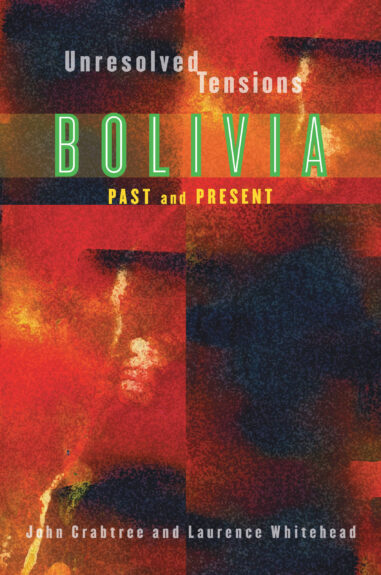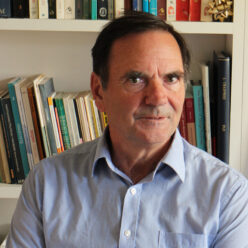The landslide election of Evo Morales in December 2005 pointed toward a process of accelerated change in Bolivia, forging a path away from globalization and the neoliberal paradigm in favor of greater national control and state intervention. This in turn shifted the power relations of Bolivia’s internal politics-beginning with greater inclusion of the indigenous population-and altered the nation’s foreign relations. Unresolved Tensions engages this realignment from a variety of analytical perspectives, using the Morales election as a lens through which to reassess Bolivia’s contemporary political reality and its relation to a set of deeper historical issues. This volume brings together an expert group of commentators and participants from within the Bolivian political arena to offer diverse perspectives and competing views on issues of ethnicity, regionalism, state-society relations, constitutional reform, economic development, and globalization. In this way, the contributors seek to reassess Bolivia’s past, present, and future, consider the ways in which the nation’s historical developments flow from these deeper currents, and assess the opportunities and challenges that arise within the new political context.



